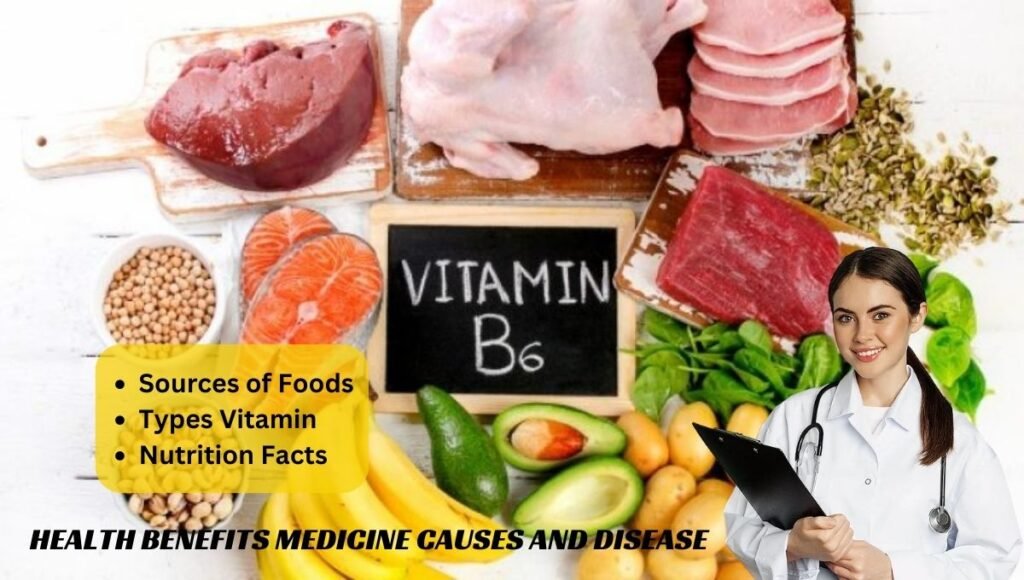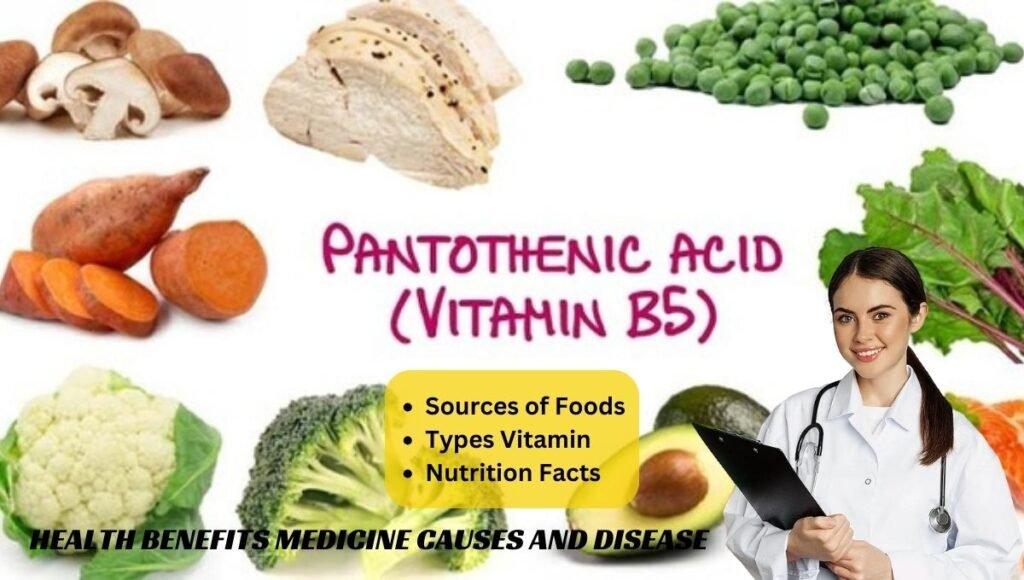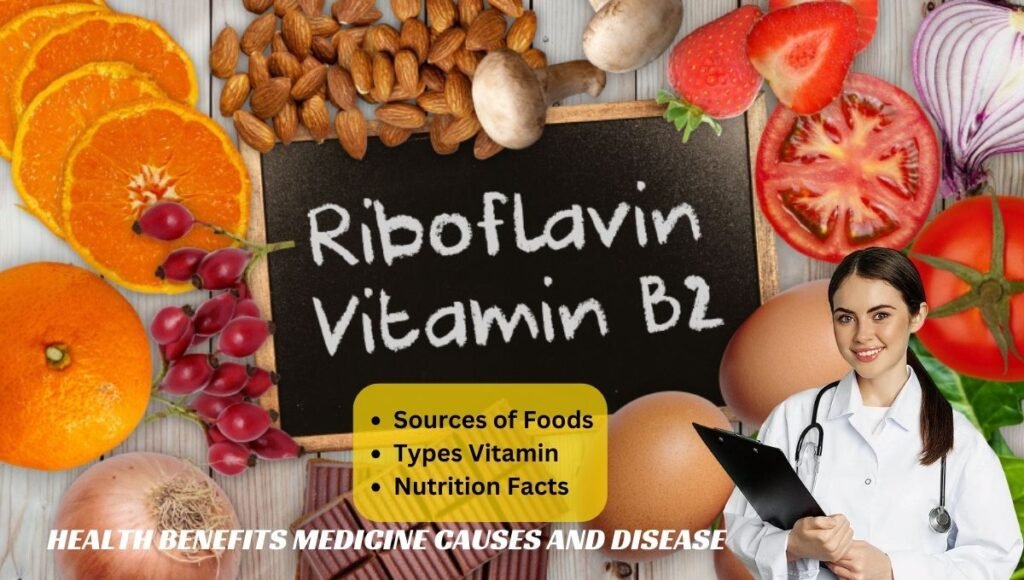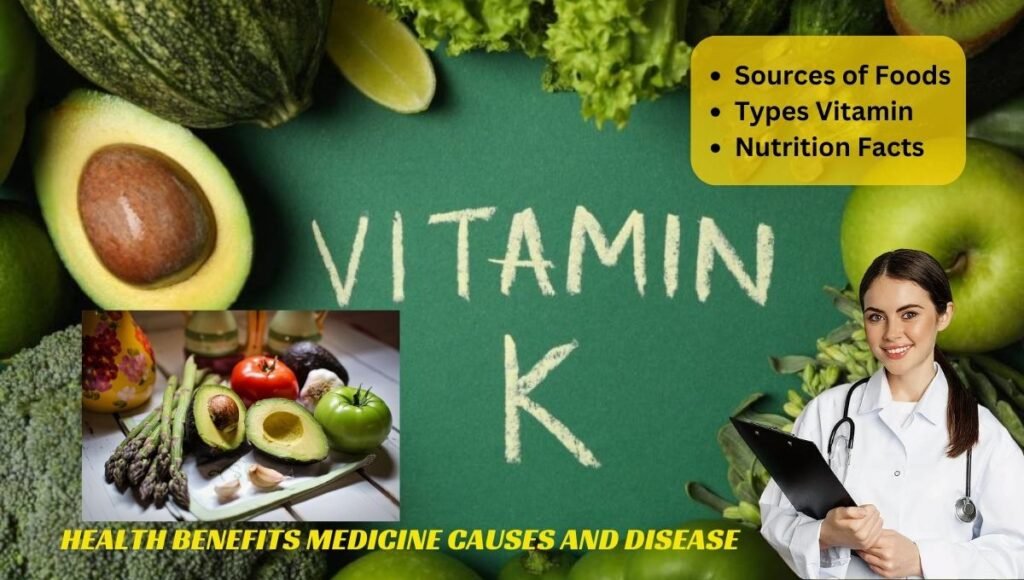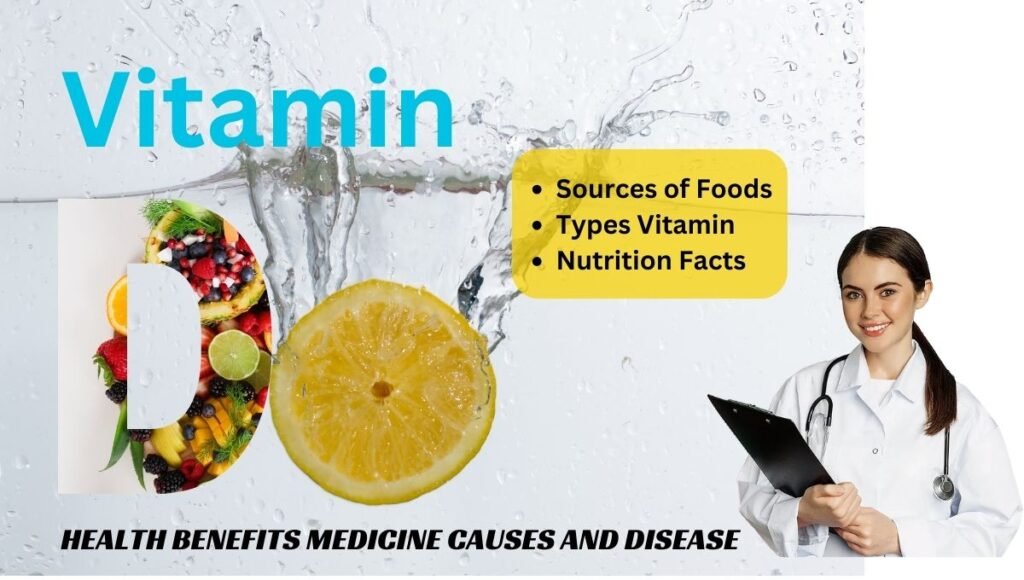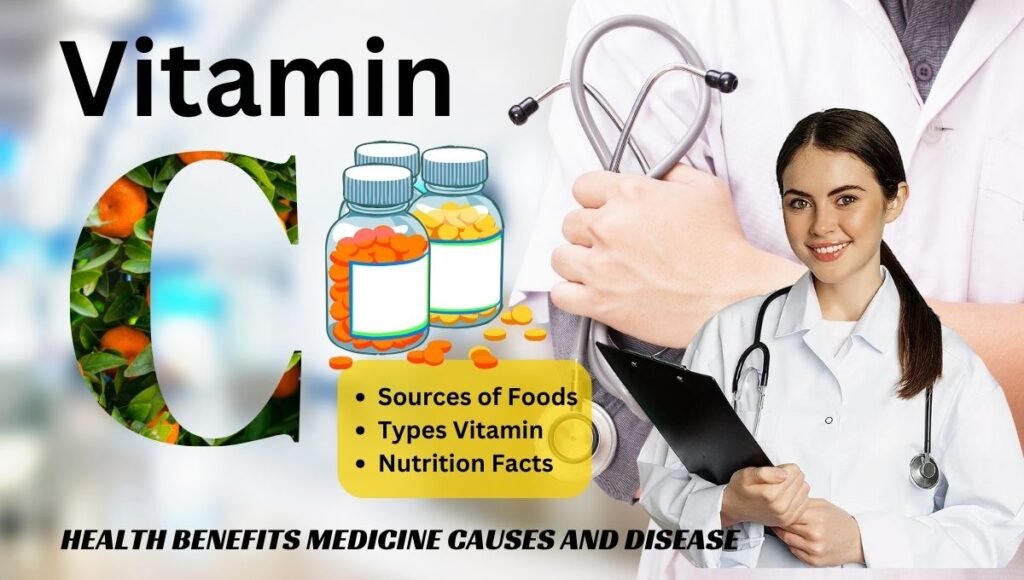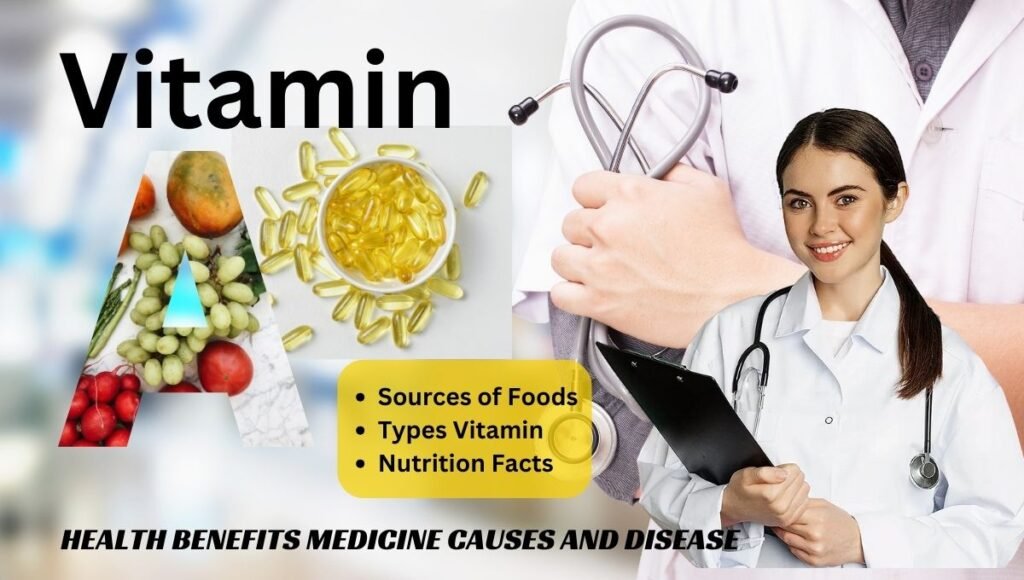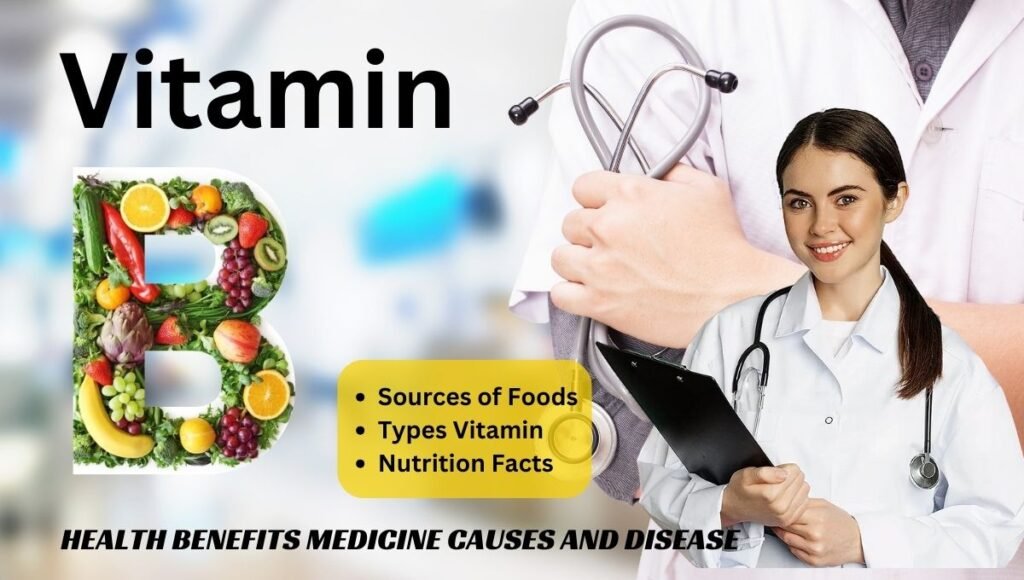Vitamin B6 (Pyridoxine): Types, Nutrition Facts, Health Benefits, Sources of Foods, Medicine Causes and Disease
Vitamin B6, also known as pyridoxine, is a water-soluble vitamin that plays a crucial role in various bodily functions, including metabolism, brain development, and immune function. It is involved in over 100 enzyme reactions in the body, making it essential for overall health and well-being. Types of Vitamin B6: Nutrition Facts and Health Benefits: Sources […]
